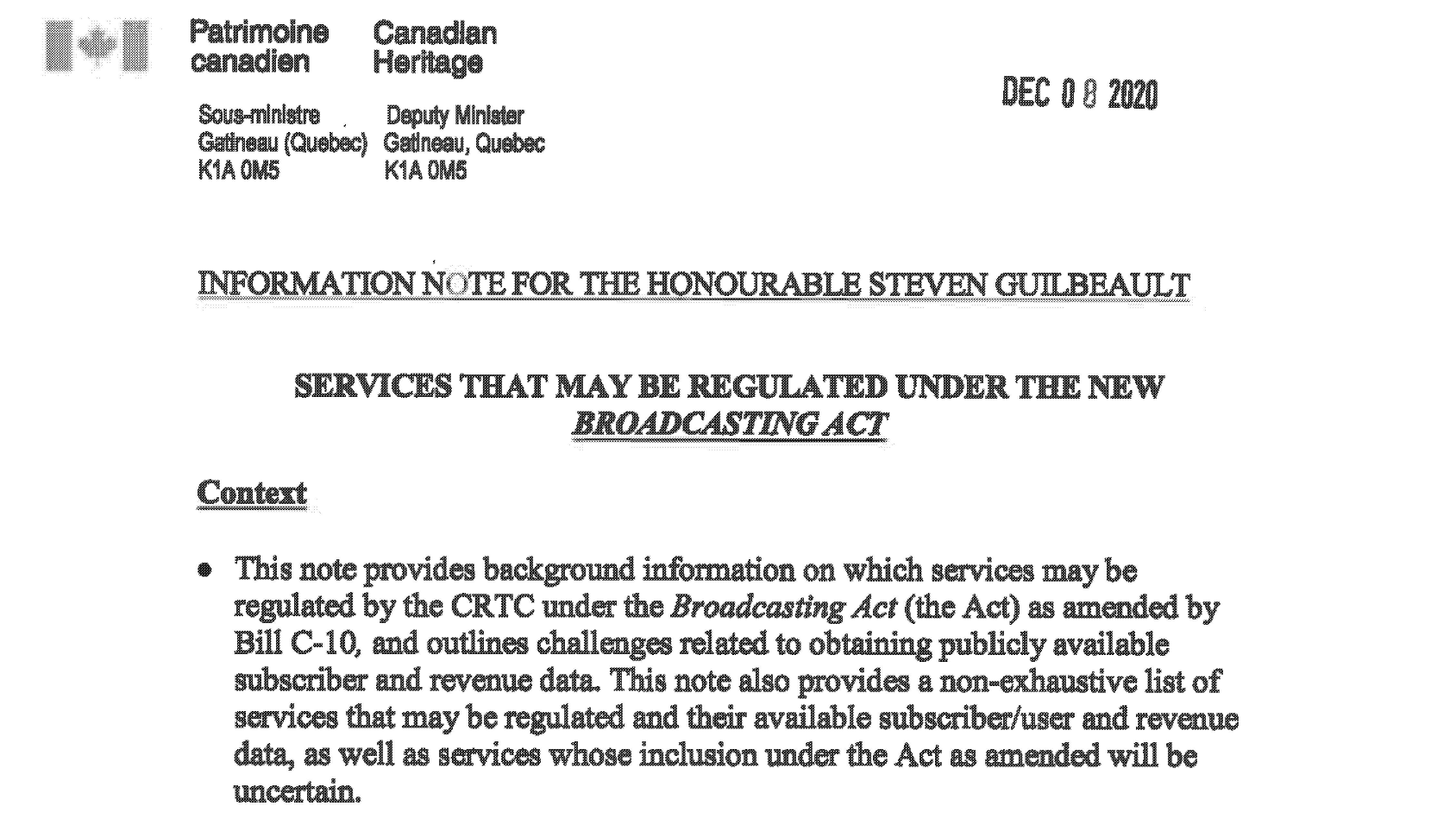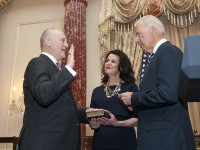Last year, the federal government trumpeted anti-counterfeiting legislation as a key priority. The bill raced through the legislative process in the winter and following some minor modifications after committee hearings, seemed set to pass through the House of Commons. Yet after committee approval, the bill suddenly stalled with little movement throughout the spring.
Why did a legislative priority with all-party approval seemingly grind to a halt?
My weekly technology law column (Toronto Star version, homepage version) suggests that the answer appears to stem from the appointment of Bruce Heyman as the new U.S. ambassador to Canada. During his appointment process, Heyman identified intellectual property issues as a top priority and as part of his first major speech as ambassador, singled out perceived shortcomings in the anti-counterfeiting bill.








